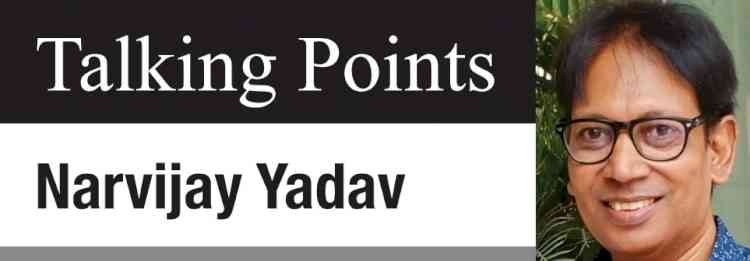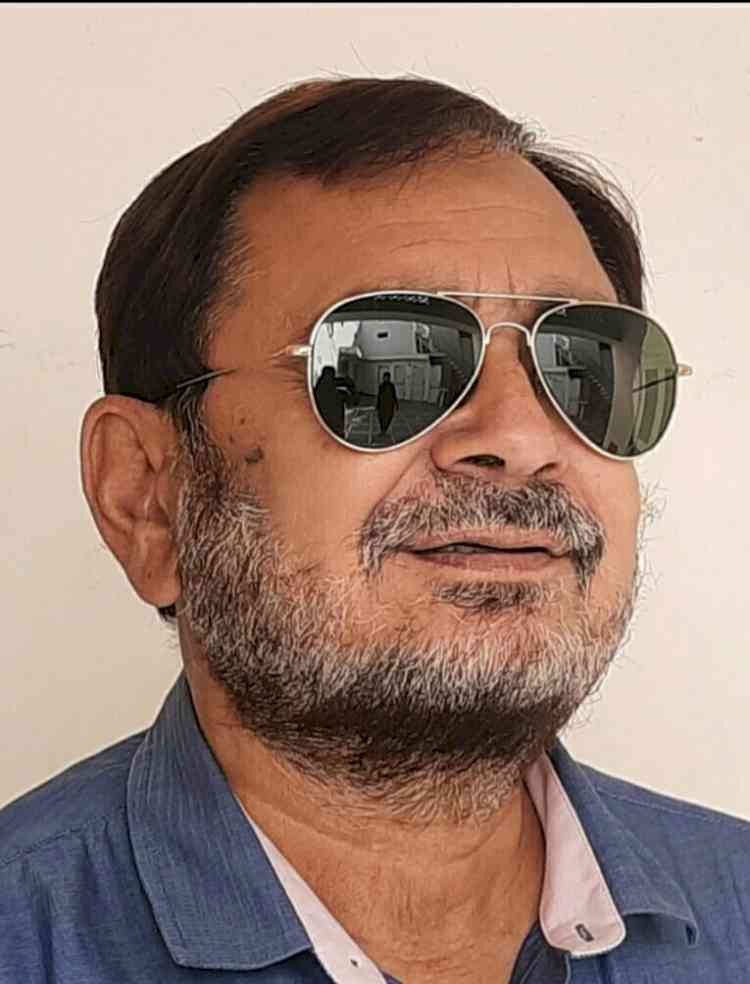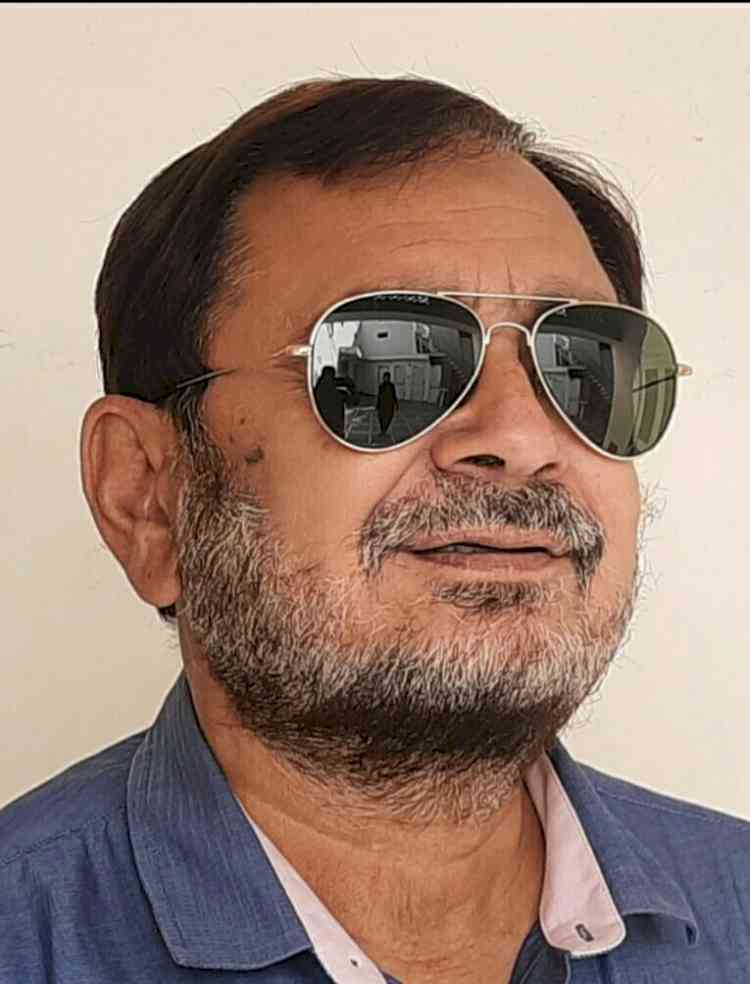New Year starts with Stampede, Terror and Tax
The new year began with sweet and sour experiences this time. People could not celebrate the arrival of the new year openly as before.

The new year began with sweet and sour experiences this time. People could not celebrate the arrival of the new year openly as before. Partying was not allowed in many cities and states including Delhi, Bangalore and Mumbai. However, there was no such restriction in Himachal Pradesh, so more than 20 thousand tourists reached Shimla. Actually the tourists were invited by the Himachal Tourism Department through advertisements via radio and other mediums. But the party was spoiled by an intelligence input that Pak terrorists were planning to blow up the Ridge Maidan in Shimla with a bomb. Following this input, suddenly at 7.30 pm the police force instructed the tourists to return to their hotels and by 8 pm the Ridge and the Mall Road wore a deserted look. However, tourists were told that the Omicron variant was the reason to remove everyone from the Ridge. All the shops were also closed by 8.30 pm. Hence, the fun turned into a crisis.
On the other hand, in Jammu district, a huge crowd gathered inside the Vaishno Devi temple complex to celebrate the new year. An altercation caused a stampede killing more than a dozen people and injuring around twenty. The stampede happened after 2.30 am. The Vaishno Devi Temple Trust had not made adequate arrangements to control the crowd, due to which this tragic incident took place. With the beginning of the new year, some sour and sweet developments came to the fore on the economic front as well. The move to increase GST on textiles was pulled back after protests by finance ministers from Delhi, Gujarat, West Bengal, Rajasthan and Tamil Nadu. The Home Textile Exporters Welfare Association (HEWA) had also opposed the proposal to raise the GST slab from 5 per cent to 12 percent from the very beginning. HEWA director Vikas Singh Chauhan had written a letter to Prime Minister Narendra Modi requesting him not to increase the GST on clothes. Thanking the Finance Minister Nirmala Sitharaman, he said that due to increase in GST, shopkeepers, micro, small and medium enterprises (MSME) and traders would have suffered huge losses and ultimately the common people would also be troubled by inflation. Covid has already broken the back of industries, but now these traders and entrepreneurs will be able to move forward towards the goal of Atmanirbhar Bharat.
Even though the decision to increase the GST on clothes has been deferred till next month, it has been increased to 12 percent on footwear, which will make shoes 7 percent more expensive. Fortunately shoes are not bought every now and then, whereas clothes are needed more. In another development the common man is going to suffer. Now withdrawing money from an ATM will cost more. Banks spend a lot of money on maintenance and security of ATM machines, hence, for transactions beyond the free permissible limit (five times) from the bank's own ATMs, now Rs 21 will be charged per transaction. Earlier this charge was Rs 20. However, extra charges are always imposed when you use another bank’s ATM. As of 31 March 2021, there are 1,15,605 onsite and 97,970 offsite ATM machines in the country. The first ATM in the country was installed in Mumbai by HSBC Bank in 1987.
(Author is a senior journalist & columnist)


 Narvijay Yadav
Narvijay Yadav 








